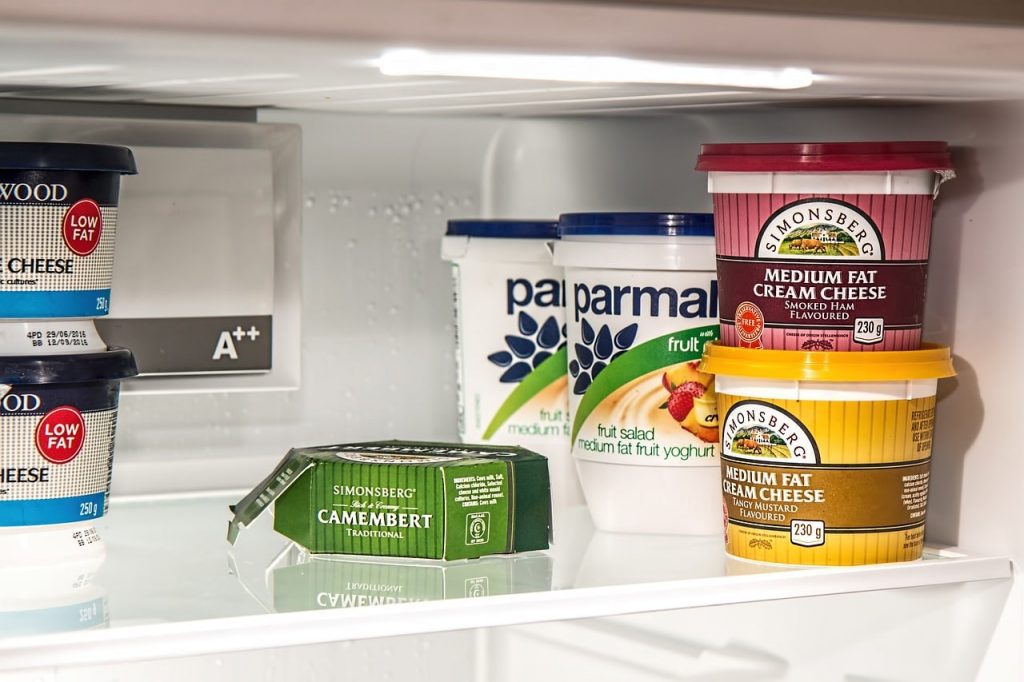A good way to store food is to chill the container in ice water for a while before putting the food away. However, it’s completely fine to put lukewarm food in the refrigerator and you don’t need to wait till it reaches room temperature because 40°F or lower is safe enough. Having said that, if you prefer it at room temperature, don’t let leftovers stay on the kitchen counter for more than two hours, or else it might attract bacteria.
Young kids, older people, and pregnant women, or anyone with weak immunity are more sensitive to food-borne diseases or food-poisoning, so we need to be extra careful for them.
Small airtight containers cool food down quicker. Got a big bowl of your favorite curry leftover? Don’t store it in the same bowl as it will take time to bring the food down to a fairly low temperature. There must be enough space between the containers for air circulation. Overstuffed fridges can be a hurdle for maintaining ideal temperature inside. Food contains many types of bacteria that may have some pathogens. Air circulation and cross-contamination can distribute them rapidly, so it’s necessary to cover food well. Be twice as aware if you’re storing hot liquids such as soups and stews.
Don’t expect too much from your senses to test the quality of stored food. You may not always get a foul odor or a bad taste in the mouth just because the food has gone bad. And sometimes, even a small bite is enough to make you sick. So if a particular eatable looks rather unappetizing, our suggestion would be to get rid of it.
